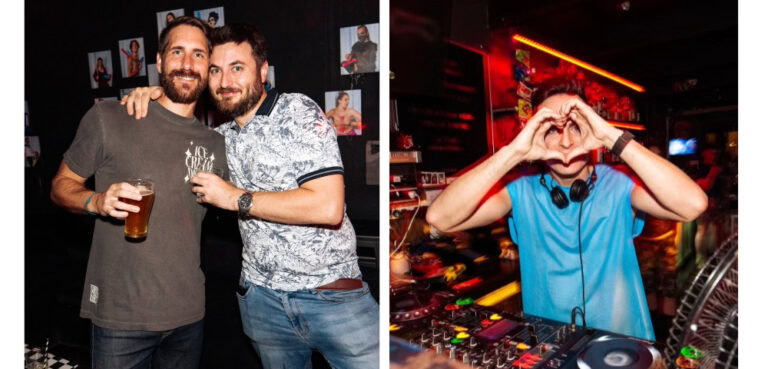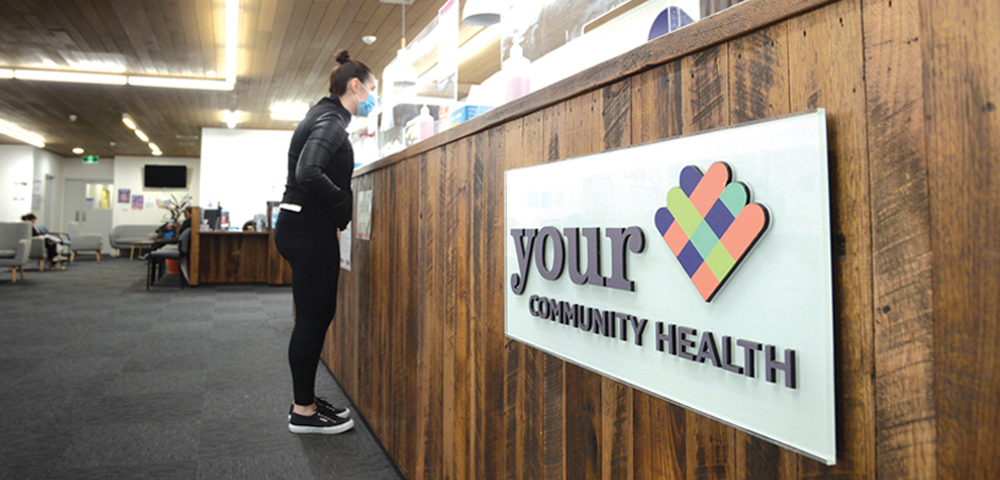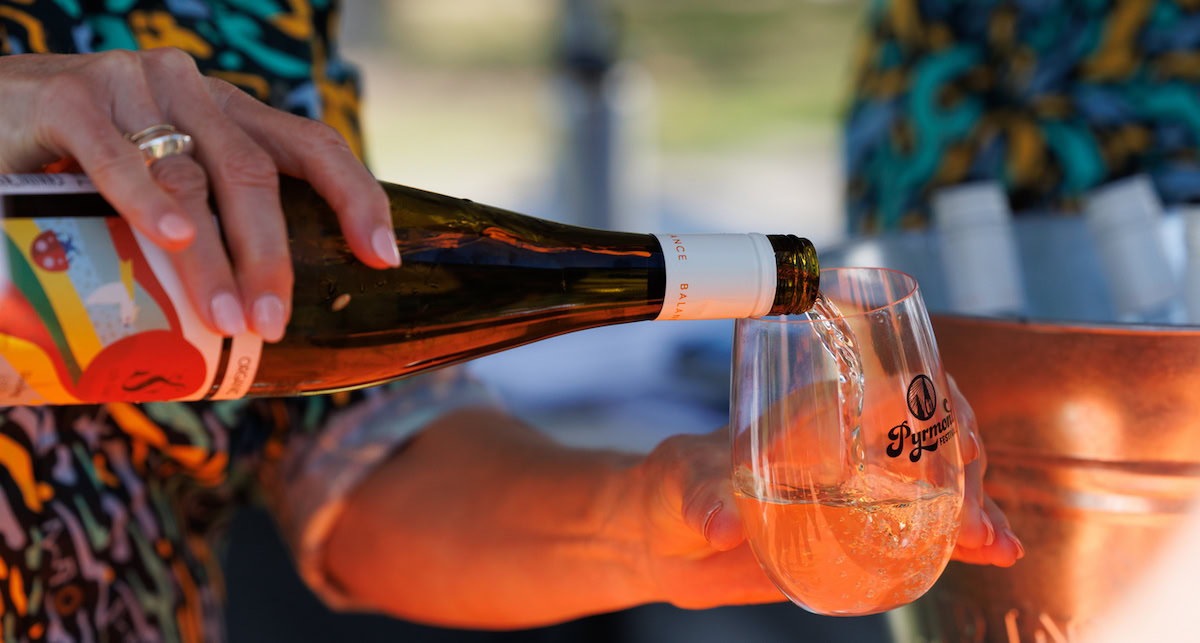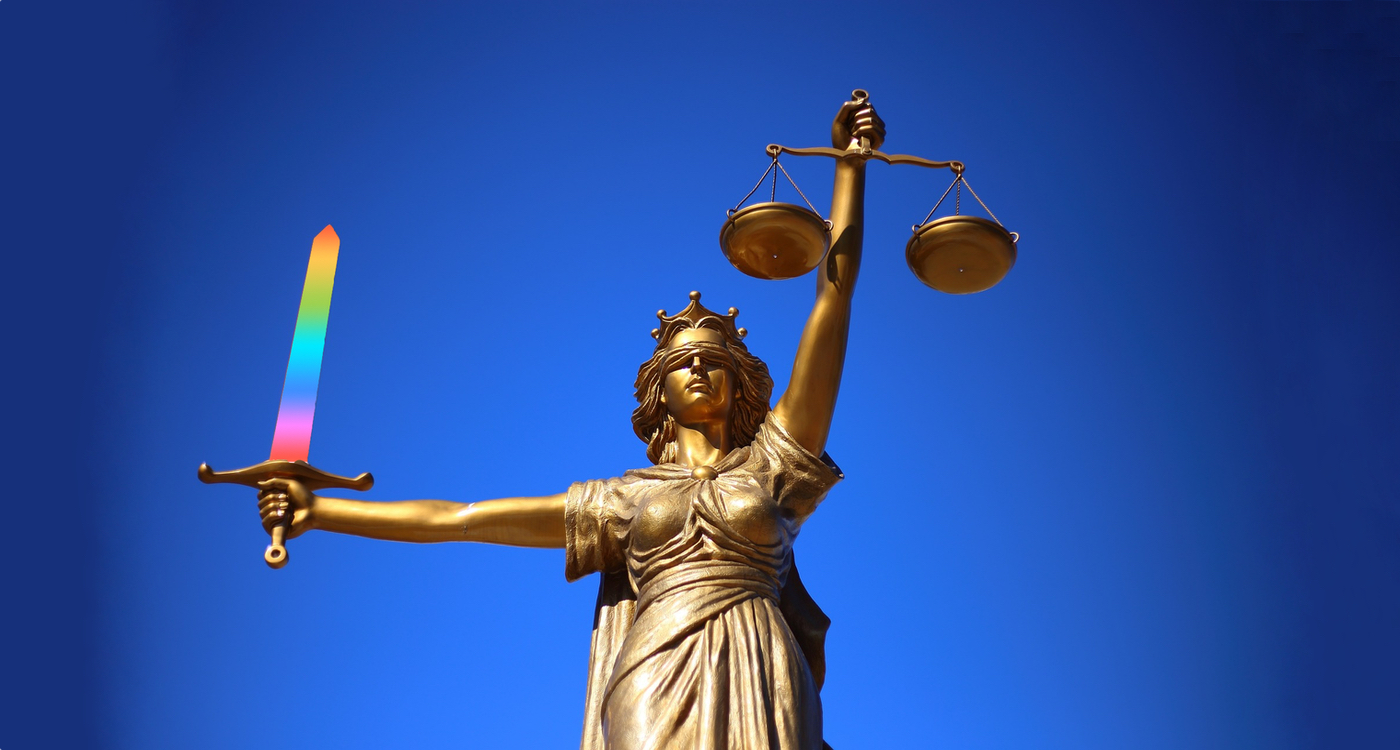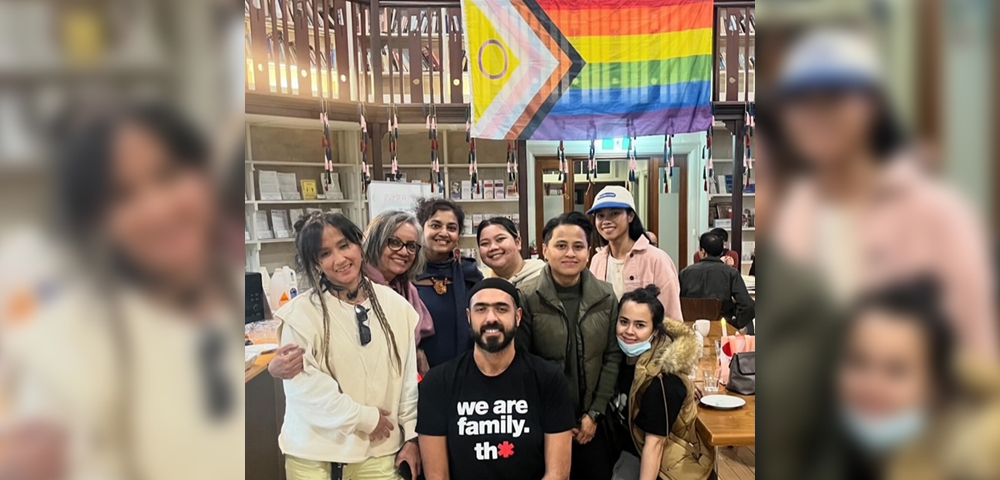
Volunteers sought to help LGBTI people in Indonesia
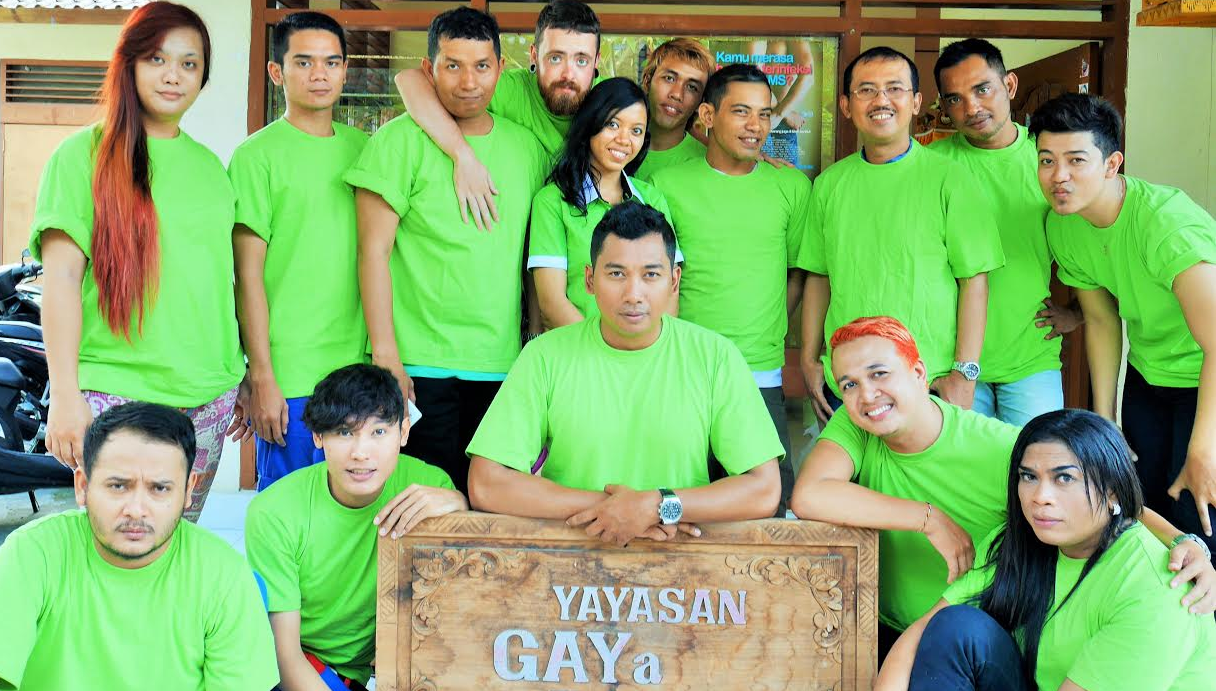
LIFE for LGBTI people in Indonesia can be very tough, but as one of their closest neighbours Australians wanting to make a difference can head there to give a helping hand.
While it’s not illegal to be gay in Bali, Indonesia’s most popular tourist destination, homosexuality is viewed as being in strict conflict with societal and cultural beliefs.
These beliefs make it very hard for LGBTI people in Bali to reach out for help in regards to their health and to access support services.
However, there is one organisation in Bali fighting hard and doing great work for the rights of LGBTI Indonesian.
The Gaya Dewata Foundation (YGD) is Bali’s oldest and only organisation working on promoting the issues around LGBTI health and human rights.
YGD has worked continuously for 20 years, helping people with gender identity, improving sexual health and educating the community on HIV.
The daily grind for YGD involves travelling around Bali’s capital Denpasar to take clients to health appointments, giving out free condoms and talking to LGBTI people in the tourist areas about HIV.
Melbourne man Beau Newham worked with YGD for thirteen months in 2014/2015 as the organisation’s Community Engagement and Social Media Program Developer.
Newham went over to Bali on a volunteer assignment as part of the as part of the Australian Volunteers for International Development (AVID) program, an Australian Government initiative and said the experience has been a rich one.
“I think the biggest lesson I learnt in Indonesia has been patience. People take their time here, in every aspect of their life,” he said.
“I think international volunteering has helped bring this out in me. It’s an enriching experience on every level and I think I’m better-rounded for having lived here.”
International volunteering is one of the most effective forms of development assistance available.
The aim of AVID programs is to build understanding of Australia’s international role and commitment to integration with the Indo-Pacific region, increase the number of volunteers working to improve the economic livelihoods of people in developing countries, and develop volunteer assignments in priority areas of governance, health, social infrastructure and services and education.
When he first arrived Newham got stuck into raising YGD’s profile and helping to secure much needed funding for the small not-for-profit organisation.
“My role has varied greatly over my time at YGD. At first I focused at raising their public profile, especially online. We worked together to build a new website and create a strong social media presence,” he said.
“It’s quite popular, which means the message is getting out there.
“Now that those systems are in place, I’ve been working on grant applications and helping YGD to develop new ways to approach HIV/AIDS prevention in Bali.
“Funding a small organisation like this is difficult, but we are trying our best to keep the organisation going.
“The global reduction in aid has made it harder for organisations like YGD to find the means to continue their work. Sadly we lost our major funder in October in 2015, so we are currently working with local businesses and running crowd funding fundraiser to secure some funding to keep our staff doing their important work.”
He is based in Denpasar with other management staff but the team tries to help people from across the Indonesian archipelago.
“Although we are based in Bali, we have clients from all over Indonesia. We work with people from different backgrounds, religions and economic status, and try to find ways to build healthier and more tolerant communities in Bali and Indonesia,” Newham said.
Due to cultural beliefs and practices it can tough going not only for LGBTI people in Indonesia but also for the groups trying to help them.
“Supporting gay and transgender people in Indonesia can be quite a challenge, as some people can act in a quite hostile way towards the LGBT community, so this means that we have to tread a fine line in how we engage with the wider community,” Newham said.
“Thankfully the national HIV/AIDS prevention program has been quite supportive of our efforts, so hopefully they will continue to value the work of YDG and allow us to grow.”
Newham believes becoming a volunteer with the AVID program and working to improve the lives of LGBTI people in Indonesia has been a healthy and positive experience.
“Working in Denpasar, and living near Seminyak, can sometimes get a bit much, so I like to go on weekend trips away and explore the quieter side of Bali,” he said.
AVI program development and operations manager Mark Deasey said LGBTI volunteers can find it initially hard to adjust to contexts where LGBTI identity is not as well-established as in Australia, where the subculture can be very small or invisible.
“LGBTI people have grown up thinking and talking ‘cross-culturally’, so adjusting to different cultures can be easier for us,” he said.
“We don’t automatically expect to fit in, and (we) know how to work to build understanding with people very different to ourselves. All of that can go a long way to a really successful and fulfilling volunteer experience.
“Learning about the lives of LGBTI people in your host country can be enormously enriching, as well as challenging.”
To find out more about volunteering opportunities and upcoming events at AVI, click here


